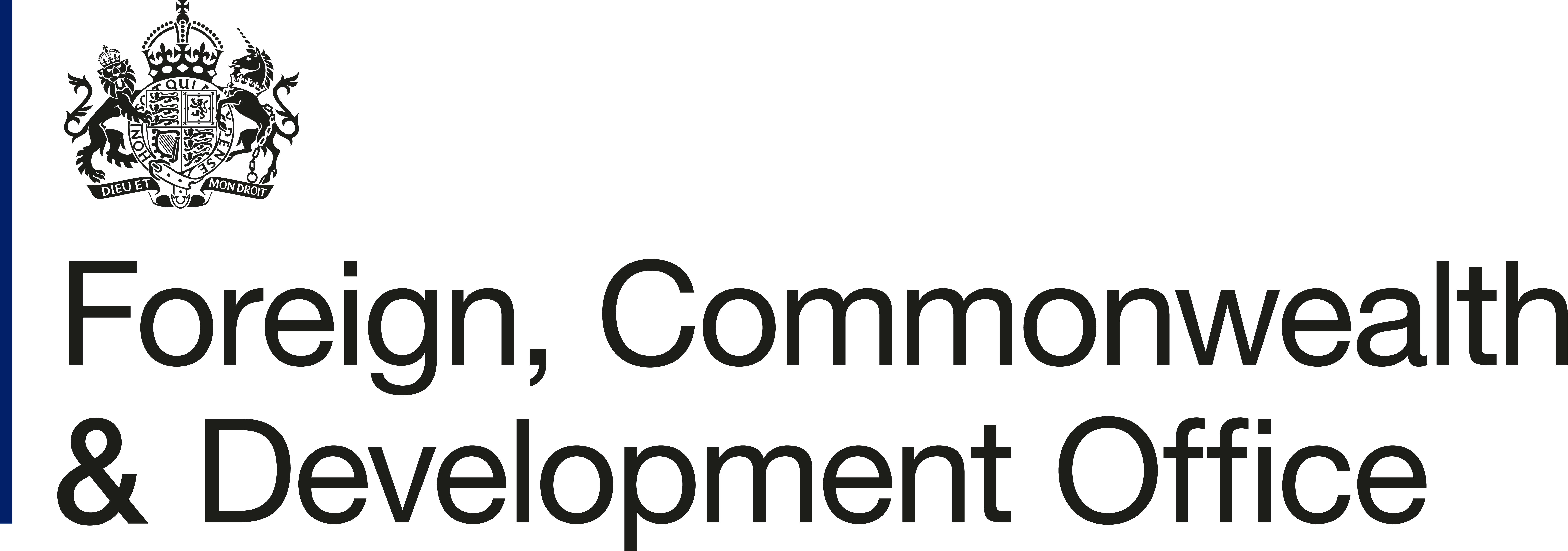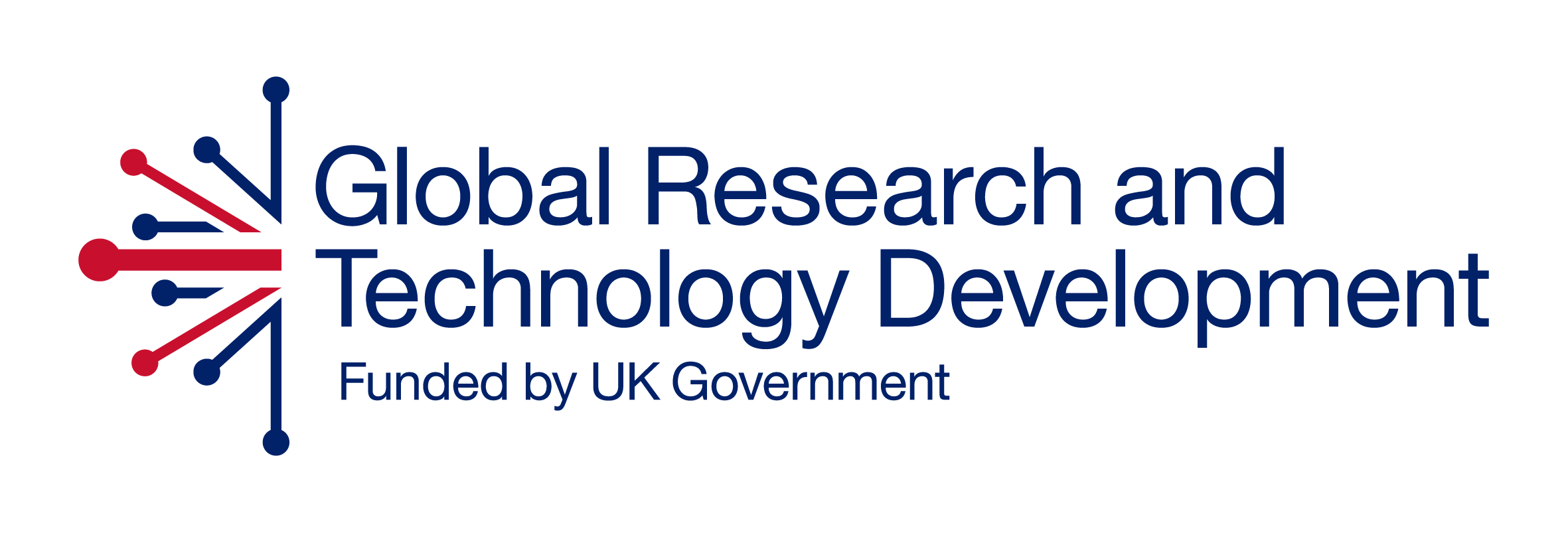Programme overview
The Evidence-Informed Policymaking (EIPM) programme explores how policymakers engage with evidence and identifies the factors that influence evidence uptake in Sub-Saharan Africa and South Asia, with a central focus on policymaking for national economic growth. Despite over 40 years of research and global efforts to increase evidence use in public policy, barriers to evidence-informed policymaking remain pervasive. The challenges include weak governance structures around evidence use, limited political and institutional incentives, and fragmented research on how to effectively integrate evidence into policy decisions. Relative to other policy sectors such as health and applied social sciences, the evidence base on EIPM in economic policymaking remains comparatively nascent.
To address these challenges, the EIPM programme takes a multi-strand approach that examines examples of evidence use in practice and evaluates interventions that seek to enhance policymakers’ use of evidence. Through a series of commissioned studies, the programme seeks to generate nuanced insights on entry points for evidence use and develop actionable recommendations for researchers, intermediaries, and policymakers.
To support this work, the programme has developed a suite of resources, which can be accessed below. All outputs from the commissioned studies including research reports, policy briefs and other tools will be published on this webpage to ensure that policymakers, practitioners, and researchers have access to high-quality, context-specific insights to drive evidence-informed decision-making.
Evidence-informed policymaking: An interactive conceptual framework
Strengthen collaboration through partnerships, trust, knowledge-sharing, and sustained engagement.
Click on the constructs below to explore related measures of relationships & networks:
- Engagement between policymakers and researchers
- Performance of communities
of practice
- See more
Develop skills through training, mentorship, peer learning, and institutional adaptation.
Click on the constructs below to explore related measures of capabilities:
- Capacity to use research evidence
- EIPM Knowledge and Skills
- Organisational capacity
for EIPM
- See more
Shift norms, beliefs, leadership, and learning culture towards evidence use.
Click on the constructs
below to explore related measures of evidence culture:
- Demand for evidence
- Evidence culture
- Participatory decision making
- See more
Establish mechanisms, policies, and systems, and incentives to support evidence-informed policymaking
Click on the constructs
below to explore related measures of structures & processes:
- Access to evidence
- Administrative evidence-based practices
- Participatory decision making
- See more
Shift policymakers' thinking about policy issues, influencing frameworks, problem definitions and perspectives through evidence interaction.
Click on the constructs below to explore related conceptual measures:
- Evidence use for problem definition
- Evidence use in agenda setting
- Evidence use to improve understanding of the problem
- See more
Modify policymakers' stances, receptivity, and engagement with evidence, fostering openness to innovation and collaboration in policymaking.
Click on the constructs below to explore related attitudinal and behavioural measures:
- Change in knowledge and attitudes
- Engagement with evidence
- Intention to use
research evidence
- Perceptions of
evidence
- See more
Reshape policymaking mechanisms, including decision processes, stakeholder consultations, and evaluation methods, to integrate evidence.
Click on the constructs
below to explore related procedural measures:
- Evidence discussed during policymaking
- Evidence use for selecting policy alternative(s)
- Process of evidence uptake
- See more
Impact policies, legislation, and resource allocation by integrating research findings into new or revised policy frameworks.
Click on the constructs
below to explore related content measures:
- Evidence use in policy content
- Evidence use in resource allocation decisions
- Evidence use to design/improve programmes
- See more
Programme resources
Pathfinding paper: Outlining a research agenda for improving evidence use.
Conceptual framework: Mapping the pathways through which evidence influences policymaking processes.
Inventory of measures: Cataloguing tools and indicators used to assess evidence use.
Systematic review: What works to increase the use of evidence for policy decision-making

Your starting point for Foreign, Commonwealth and Development Office (FCDO) funded research and development.
Quick links

All content is available under the Open Government Licence v3.0, except where otherwise stated.

